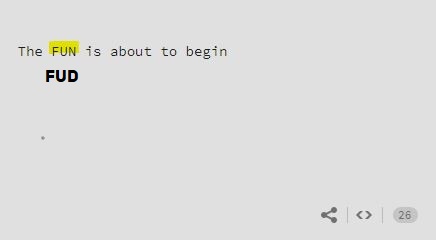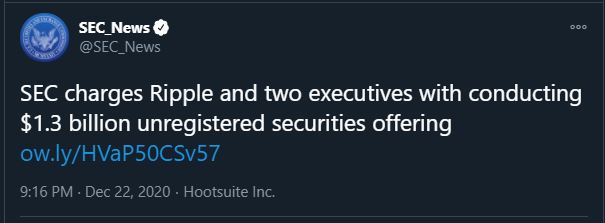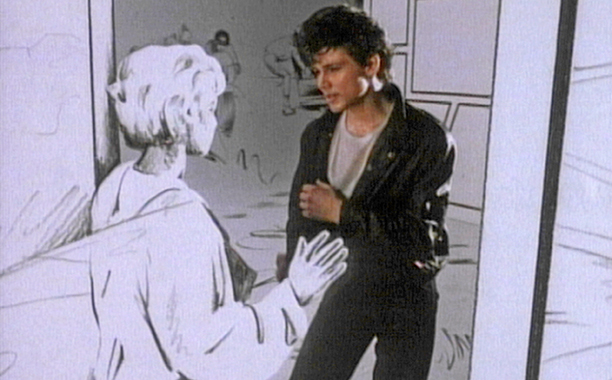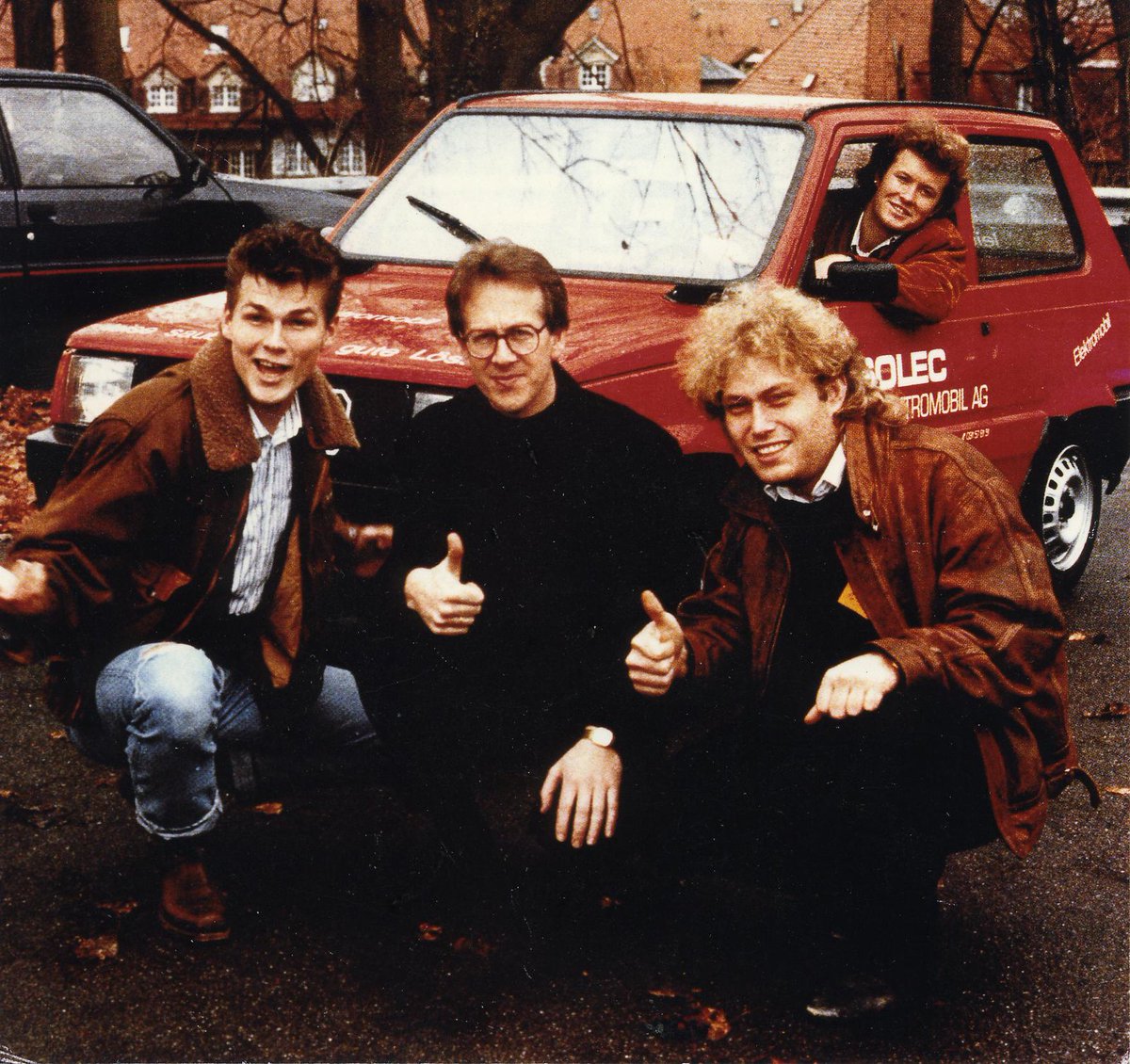So first off, at this point the evidence is pretty clear that SSRIs and other anti-anxiety/anti-depression drugs truly don't do very much. Their average effects are beneath clinical significance, as I tweeted about here:
https://t.co/77FcaQrcCV
Basically, the problem these drugs face is that while they actually see relatively LARGE effects.... but that placebos in those trials ALSO see large effects (and most untreated depression improves within a year anyways).
So basically you have this problem where:
1. The condition tends to improve on its own in a majority of cases
2. Placebo effects for the condition are unusually large
Which means the large crude effects of SSRIs get swamped.
So that raises two new questions.
1. (Not my focus here) Are we treating these conditions appropriately given their untreated prognosis is usually (though certainly not always!!) "goes away in a few months"?
2. Why are placebo effects so unusually large?
The first question is one I'm not super read up on so I'll pass on it.
But the second one is really interesting. Placebo effects exist for virtually all conditions, of course. But for psychological health they tend to be very big.
You might think this is because these are "mind" diseases so "mind over matter" can really work here, but that isn't necessarily true, since many of these conditions have clear physical indicators.
Moreover, this turns out to explain less than you think. WHY does the placebo effect trigger this when just telling a person that it's all in their head doesn't work (spoiler: this does not work)?
The other thing to know is that the placebo effect may be "in your head," but it's not about "tricking yourself." Placebo effects exist even if you tell patients you're giving them a fake treatment.
https://t.co/Kr0MBrZprb
Likewise, prior literature suggests that the effects on depression are similar for SSRIs as for virtually any reputable form of non-pharmacological intervention (like various kinds of therapy).
ANd while "do nothing" does eventually lead to recovery in most cases, it does usually take longer and result in more psychological discomfort for the patient.
So we have a problem where virtually any intervention works, even interventions that did basically nothing, but "do nothing" does not necessarily work, even though the condition often improves without intervention.
So here I want to talk about witch doctors.
Or, as they'd be called less pejoratively: traditional religious authorities who double as traditional medical authorities.
Across a wide variety of cultures, religious and health authority are fused. This is often put down to superstition. Pre-scientific worldviews.
I think this is wrong.
First of all, while traditional medicine is certainly prescientific in the institutional sense, it is often still based on somewhat systematic observation. Communities with a long cultural memory in one area often have a lot of justified true beliefs about their surroundings...
.... which may seem strange or mystical to outsiders. And sometimes it's couched in religious language. But there's often a scientific channel at work which can be duplicated in our way of thinking.
Of course, there often is NOT such a channel. There's a lot of very unjustified and very incorrect beliefs out there, obviously!
And yet, across numerous cultures, the spirit healer persists. Even in wealthy and "rational" societies, the good doctor image is not only a bodily healer but in some sense a spirit healer, hence the counterintuitive appeal of e.g. Dr. House.
And of course belief in spirit healers hasn't vanished. Whether in traditionally religious circles or new religious and spiritual movements (energy crystals! essential oils!), the intuitive belief that body and spirit are healed together is persistent.
So what I want to argue is that actually witch doctors have the right idea. That humans desperately need cult and ritual to feel good, and this is why SSRIs don't perform as well as you might expect.
Placebos satisfy the ritual performance of health even if you know they're a placebo, because you're still participating in the meaning-making system of health.
When the witch doctor tells you that the gods demand that you not be given the elixir of life because it is not in line with their inscrutable purposes, and instead you will simply be assigned a sacrifice to beg for their mercy, you have still gotten the witch doctor's treatment!
This is of course uniquely likely to be the case in conditions happening in the brain where all this stuff is going on.
The literature on how ritual impacts the brain is pretty extensive. Basically, routine and ritual turn out to have pretty significant effects on people; of course varying by what the ritual is, but the point is we appear to be a species needing rituals to manage ourselves.
So I think how this relates to SSRIs is:
1) it's super impressive we get even the effects we do
2) a lot of what people need is to feel like they're getting attention from the gods
That latter one is not trivial and I want to hasten to say it's not as simple as just telling someone, "God loves you! Don't be sad!" People have their mental models of reality with their deities and you have to get those deities to respond.
If it turns out those deities are pretty much nonresponsive that sucks but if they're in fact highly responsive deities that's swell.
So I would argue that there's not really this big gap between "prescientific" and "rational" societies. We're all going to see the witch doctor, who will guide us through the strange rites of the spirit realm, healing body and soul.
If the witch doctor says all the gods have for us today is a placebo, then so be it. We have heard the answer of the gods. And it will be better than nothing. It is the silence of the gods which is worst.
This matches pretty well with the self-described experience of people with depression. The worst thing is the feeling like nothing can help, like there's no path out. Which is why the first thing that works is such a great relief, yielding such effusive praise.
The key thing here then is to figure out who the gods are. And for most people their gods are Science. As long as the treatment is "Scientific," it has the approval of the spirit realm and thus will work. For other people maybe the gods are "Nature," so it must be "Natural."
The point is, the treatment is going to have to be embedded in the patient's ideas about how the world really works on a deep level.
But here's the thing.
SSRIs actually have an average effect BETTER than placebos. Suggesting they work even on nonbelievers to some extent!
SSRIs then yield very small effects, but the research also suggests those effects are reliable: there's surprisingly *little* heterogeneity in effect in the few studies that have been able to explore this question.
What this suggests is that SSRIs, far from being underwhelming, are actually extremely impressive. They open a door for treatment in some sense beyond the gods.
But, like, not FAR beyond. We're talking about very modest effects here. But that effects exist *at all* is actually quite remarkable.
So my answer to why there's such a contrast between the largest studies and patient/practitioner reports is that the studies are (correctly) controlling out the effect of "participating in the ritual," whereas patients don't see that control.
But the crucial thing is that you can't simulate that for patients. It's not a placebo effect in the sense of being fake or something; it's a placebo effect in the sense that seeking help in an internally-approved ritual actually makes people feel better.
And BEYOND this large effect, there's an ADDITIONAL modest effect of SSRIs. That's pretty impressive!

















